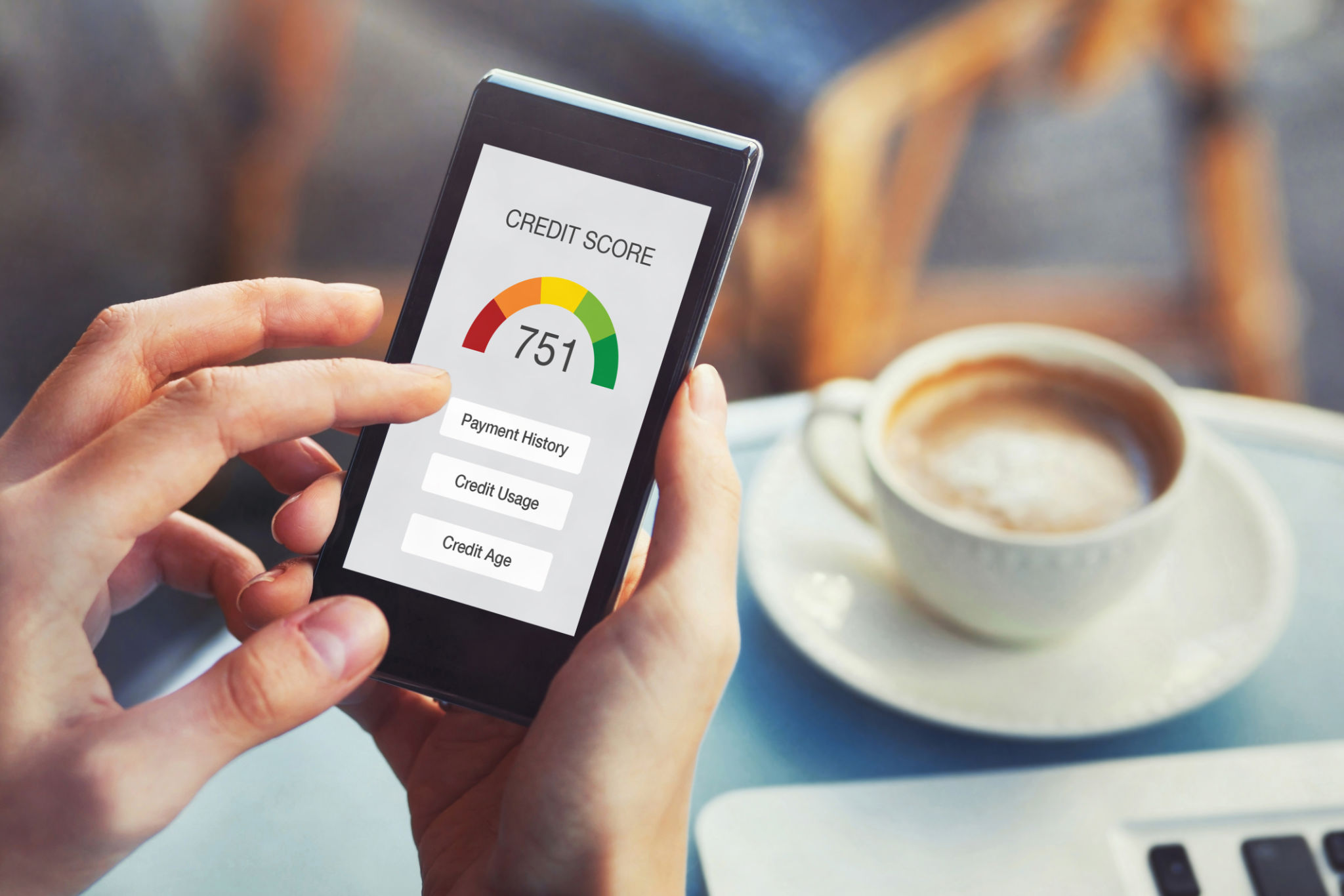Financial Education 101: Building Credit After Debt Resolution
Understanding Debt Resolution
Debt resolution is a significant step toward achieving financial stability. It involves negotiating with creditors to settle debts for less than the amount owed. While this process can offer relief, it often impacts your credit score. However, once you've resolved your debts, it's crucial to focus on rebuilding your credit to ensure a healthier financial future.

Assessing Your Current Financial Situation
Before you can start building credit, you need to have a clear understanding of your current financial situation. Begin by reviewing your credit report to ensure that all resolved debts are accurately recorded as settled. This step is vital because errors on your credit report can negatively affect your credit score.
Creating a Budget
Once you've assessed your financial standing, create a budget. A well-planned budget helps you manage expenses, allowing you to focus on timely bill payments, which is a crucial aspect of rebuilding credit. Ensure that your budget includes a category for savings, as having an emergency fund is essential for avoiding future debt.

Secured Credit Cards: A Stepping Stone
One effective way to start rebuilding your credit is by applying for a secured credit card. These cards require a cash deposit as collateral, which reduces the lender's risk. Responsible use of a secured credit card, such as making timely payments and keeping balances low, can positively impact your credit score over time.
Understanding Credit Utilization
Credit utilization is a significant factor in determining your credit score. It refers to the ratio of your credit card balances to your credit limit. To improve your score, aim to keep your credit utilization below 30%. This demonstrates responsible credit behavior and can gradually enhance your credit profile.

Exploring Credit-Builder Loans
Credit-builder loans are another tool designed to help individuals with limited or poor credit histories. These loans work by making monthly payments into a savings account. Once the loan term is complete, the borrower receives the funds, and successful repayment is reported to credit bureaus, aiding in credit improvement.
Monitoring Your Progress
As you work towards rebuilding your credit, it's important to monitor your progress regularly. Utilize free credit monitoring services to track changes in your score and identify any discrepancies. Staying informed will help you make necessary adjustments to your strategy and stay on track.

Practicing Good Financial Habits
Building and maintaining good credit requires consistent effort and discipline. Practice good financial habits such as paying bills on time, avoiding unnecessary debt, and regularly reviewing your credit report. Over time, these habits will become second nature and contribute significantly to improving your credit score.
In conclusion, while debt resolution can provide immediate relief from financial burdens, it is just the beginning of your journey toward financial health. By understanding the steps needed to build credit and implementing them diligently, you can pave the way for a secure and prosperous financial future.